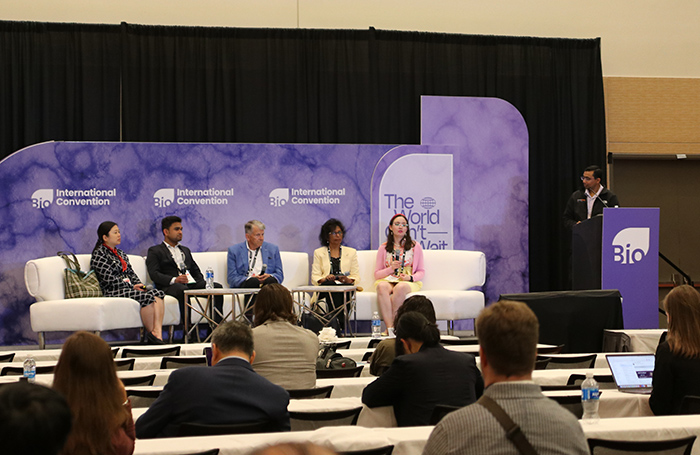Ahead of today’s House Select Committee on the Climate Crisis hearing on food supply chains, BIO submitted comments highlighting the need to incentivize the adoption of innovative biotechnology tools in order to respond adequately to the upcoming food crisis, which will be exacerbated by climate change.
“[T]he impact Russia’s invasion of Ukraine has had on global food prices pales in comparison to the impact climate change will have on food supplies in the future,” BIO says in the comments submitted to the House Select Committee on the Climate Crisis.
Citing research published in Nature Climate Change, BIO points out that climate change already affects 21 percent of agricultural production which is the same as losing 7 years of productivity growth.
This can already be seen on a daily basis with extreme heat and drought battering risotto rice in Italy, wheat in India, and cattle in Kansas.
Biotech offers ‘solutions and tools’ for climate-related food challenges
Biotech can offer the “solutions and tools” to “increase crop yields,” “improve carbon sequestration,” “reduce water use,” “reduce food waste,” and “bolster animal welfare,” among others, says BIO.
But policymakers “must incentivize the adoption, and streamline and expedite regulatory pathways for breakthrough technology solutions.”
BIO calls for the adoption of the Growing Climate Solutions Act, which can mitigate the process of removing the barriers to accessing these technologies.
“To meet the challenge of climate change, and foster resiliency and sustainability throughout the agricultural value chain, it is crucial to lead with science and U.S. innovation,” BIO’s Dr. Michelle McMurry-Heath has stated.




